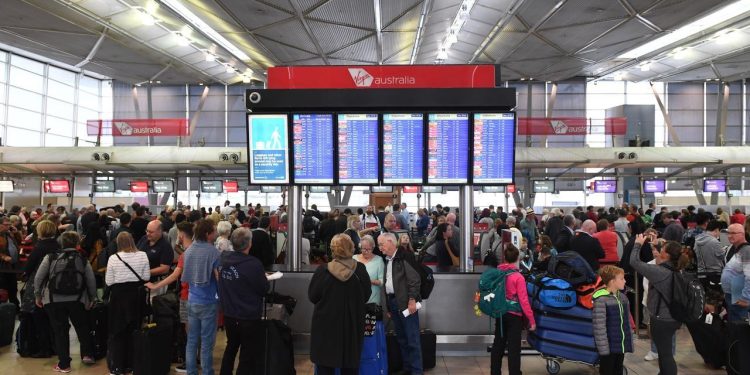The Albanese Government has urged anyone contemplating a trip to India to use a high degree of caution generally.
“We now advise reconsidering your need to travel to the Atari-Wagah border crossing, the north-eastern states of Assam (except Guwahati), Nagaland and Manipur; and Chhattisgarh, and the border areas of neighbouring states due to the high risk of violence,” the government states in its advisory issued on Tuesday.
The Australian government’s advisory suggested, “Exercise a high degree of caution in India overall due to the high threat of terrorist activity, civil unrest and crime.”
According to the authorities, some places have higher levels riks.
Due to the risk of armed conflict, terrorist activity, and violent protests, the government has also advised its citizens against travelling to the Union Territory of Jammu and Kashmir (does not apply to the Union Territory of Ladakh) and the India-Pakistan border (aside from the Atari-Wagah border crossing).
The alert goes on to describe further dangers along the Indian-Pakistani border, stating that there is a high possibility of “landmines, cross-border attacks, and violence” there.
The warning does not apply to the heavily travelled Atari-Wagah border crossing between the Pakistani city of Lahore and the Indian city of Amritsar.
Commenting on the advisory, Sandip Hor, the chairman of the Australia India Travel and Tourism Council (AITTC), said people planning a trip to India must adhere to the government’s recent advisory.
“I would like to urge anyone travelling to India from Australia to follow the government’s latest advice on travel to select areas before making plans,” said Sandip Hor, chairman of the Australia India Travel and Tourism Council (AITTC)
“It would be in everyone’s interest to exercise caution when travelling to the aforementioned border areas as advised,” Mr Hor told SBS Punjabi.
The warning comes just a few days after Prime Minister Anthony Albanese’s brief but hectic visit to India, which was aimed at fostering closer connections in the areas of security, trade, and education.
Similar warnings were also issued by the US and Canada in late 2022; they are still in effect today.











